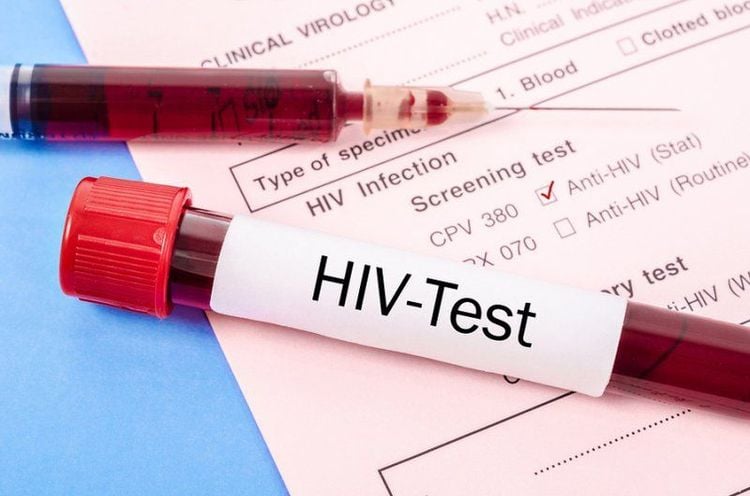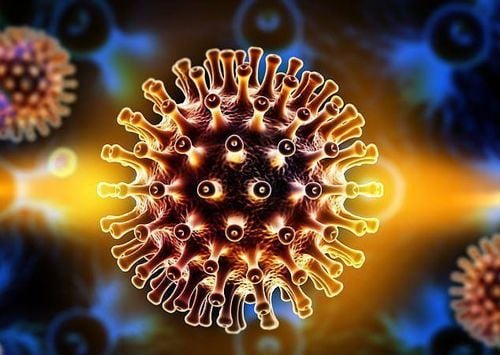This is an automatically translated article.
The article was professionally consulted by Dr. Mang Thi Phuong Mai - Department of Medical Examination & Internal Medicine - Vinmec Nha Trang International General HospitalAlthough HIV manifestations do not have a fixed time, the time to appear early symptoms of HIV disease after the patient is exposed to the source of the disease is about 2-6 weeks. Detecting symptoms and doing tests early helps patients get treatment early.
1. Stages of disease manifestation after infection
After being exposed to the disease for about 2-6 weeks, the patient often shows early symptoms of the disease, but these signs are quite similar to the common cold, so it can be easily confused.1.1 Stage 1 aka acute stage
This is the first stage, usually 2 to 6 weeks after the person is exposed to or infected with the HIV virus. Regular screening tests also do not identify the disease, so it is called the window stage. Most infected people have flu-like symptoms (fever, muscle aches, rash, joint pain, swollen lymph nodes in the groin or armpits, etc.)
Đa số những người bị lây nhiễm HIV có các triệu chứng giống như bệnh cúm
Symptoms may be mild, the person may not notice, but the virus is multiplying and spreading throughout the body during this time. The possibility of HIV transmission during this time is highest because the amount of virus in the blood is very high.
1.2 Stage 2 or latent stage
This stage can last for years without causing any symptoms. There may be limited symptoms associated with HIV infection during this period. However, most people may not have symptoms for many years. During this stage the virus is in the body but does not attack the immune system, treatment during this stage is very important. HIV can still be transmitted to others during this stage.
1.3 Stage 3 with mild symptoms
Patients may experience symptoms such as: mild weight loss, mouth ulcers, itchy papules, herpes, zoster, recurrent upper respiratory tract infections.
1.4 Stage 4 or AIDS
This is the final stage of HIV infection and the inevitable tragic end in patients A person has AIDS when their immune response is very weak and resistant to infection due to a direct attack on the system by the virus. The body's specific immune system causes immunodeficiency. Symptoms in this stage are very variable, mainly indicative of opportunistic infections...
2. How to detect disease

Cách duy nhất để biết quý vị có bị nhiễm bệnh hay không là làm xét nghiệm HIV
Who should get tested for HIV:
People who inject drugs and share needles with others. A person who has anal, vaginal, or oral sex without a condom with someone other than his/her spouse. People who have unprotected sex (that is, not using a condom or using a condom incorrectly) with someone who injects drugs or with people who have sex with many other people. Being a partner or carer of someone living with HIV. Having a mother with HIV. If you experience or do not have the above symptoms, you should still be screened for social diseases for early detection to have effective treatment and avoid complications. Vinmec International General Hospital currently has a Social Disease Screening Package, which helps to most accurately detect social diseases, including syphilis. The examination package is carried out with the participation of a team of highly qualified and experienced medical doctors, optimal facilities system and commitment to ensuring privacy for customers when visiting.
Please dial HOTLINE for more information or register for an appointment HERE. Download MyVinmec app to make appointments faster and to manage your bookings easily.













